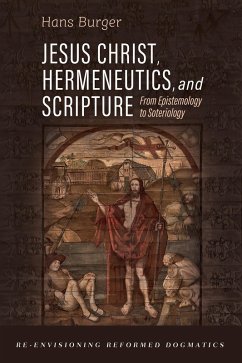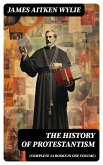In "Evidences of Christianity," William Paley presents a meticulous and systematic defense of the Christian faith, entwining rational argumentation with theological insight. Written in the early 19th century, Paley's work strategically navigates through historical events, the moral teachings of Jesus, and the fulfilled prophecies found in Scripture. Characterized by a persuasive prose style, the text serves not only as a theological exposition but also a philosophical inquiry into the nature of belief, truth, and morality, reflecting the Enlightenment's emphasis on reason and empirical evidence. Paley's arguments regarding miracles and the historicity of the resurrection are particularly noteworthy, offering readers a framework for understanding the tenets of Christianity through a lens of logical inquiry and ethical contemplation. William Paley, an influential Anglican theologian and philosopher, was deeply shaped by the intellectual climate of his time, which sought to harmonize faith with reason. His background in natural theology, especially as articulated in his earlier work "Natural Theology," provided a foundation for his apologetic arguments. Paley's educational journey at Christ Church, Oxford, and his role in the Church of England reveal a man profoundly invested in the intersection of faith and intellect, striving to clarify and justify Christian beliefs amid rising skepticism. "Evidences of Christianity" is essential for both believers and agnostics alike, as it invites readers into a thoughtful exploration of faith and reason. Paley's logical clarity and commitment to understanding the Christian narrative encourage thoughtful engagement with profound questions that resonate through centuries. This book is highly recommended for anyone seeking a comprehensive, reasoned account of the Christian faith in a critical context.
Dieser Download kann aus rechtlichen Gründen nur mit Rechnungsadresse in A, B, BG, CY, CZ, D, DK, EW, E, FIN, F, GR, H, IRL, I, LT, L, LR, M, NL, PL, P, R, S, SLO, SK ausgeliefert werden.









